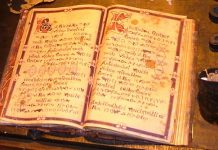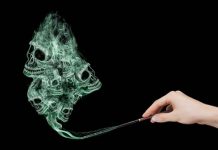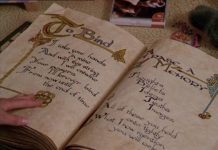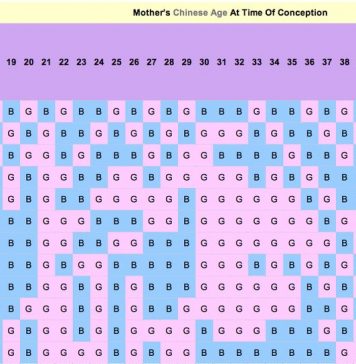Have you ever wondered what the abracadabra definition is? Or where this magical word came from? The original origin of the word has long been forgotten, though there are several different folk etymologies, or word histories, that it could have come from. One is Hebrew, another Aramaic, and there are words in both Latin and Greek, such as abraxas, that may also have been the root of the word; but officially, no one has found any proof that any of these words and phrases were the origin of abracadabra.
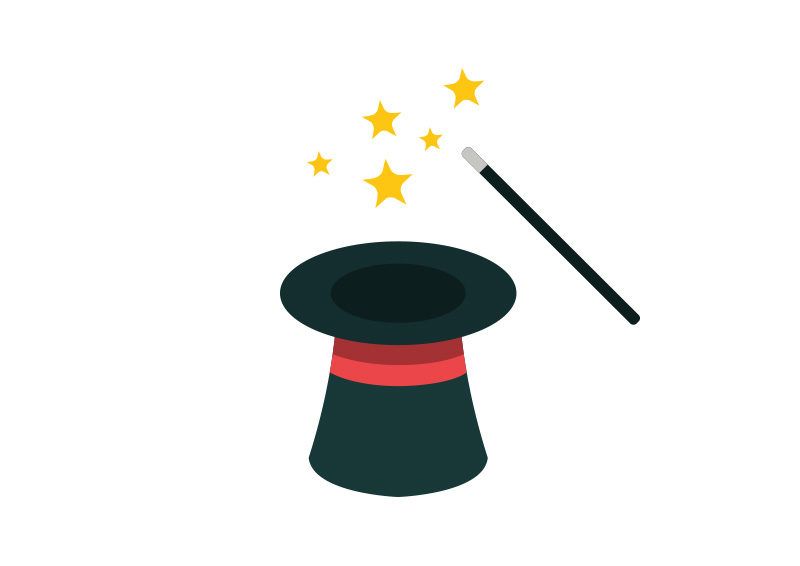
So what do we know? Well, we know that back in the second century there was a physician to the Roman emperor Caracalla named Serenus Sammonicus. Sammonicus wrote a book of medicine called the Liber Medicinalis or De Meicina Praecepta Saluberrima. This book holds the first known writing of the actual word abracadabra. In chapter fifty-one of his book, Sammonicus says that those who suffer from malaria should wear an amulet with the word abracadabra written on it in the form of a triangle. This would force the disease to go away. The idea held sway with the emperors Geta and Severus Alexander as well as they also followed the medical teachings of Sammonicus.
Abracadabra: Lost In History
Over time the use of the words grew from just fighting off lethal diseases and become a ward against all disease and misfortune. Some people believed that it evoked the aid of benevolent spirits who would come to help you fight off the spirits that brought disease and misfortune. In fact Abraxas stones with the word abracadabra carved into them have been found and were worn as amulets for this very purpose.
But what does abracadabra mean? There seem to be two schools of thought as to what they original meaning of the roots words for abracadabra was. If the root was the Aramaic ‘avra kadavra’ then one group believes that the phrase means ‘let the thing be destroyed’ and that is why JK Rowling took it as the basis for her ‘Avada Kedavra’ spell in Harry Potter. However the other group firmly believes that this phrase, ‘avra kadavra’ means ‘it will be created with my words’. Which group is right and which is wrong seems to be uncertain and in the end, since we don’t know for certain that avra kadavra is the root of abracadabra, it may not matter.
Use of amulets and charms with the word abracadabra lasted well into the 18th century when people, desperate to not fall prey to the plague of London, wore the word wherever they could and even wrote it on their door frames and windows in the hopes of keeping the plague out of their homes. The writer Daniel Defoe, the same man who wrote Robinson Crusoe, was greatly dismayed by this dependence on a magic word to protect people as it seemed not to work in the slightest. In fact, he wrote in his Journal of Plague Year, “How the poor People found the Insufficiency of those things [abracadabra charms and amulets], and how many of them were afterwards carried away in the Dead-Carts.” It wasn’t long after the devastation of the plague that the word lost it’s healing powers in the minds of people and instead became somewhat synonymous with the idea of fake magic and ultimately trickled down into the hands of magicians.

